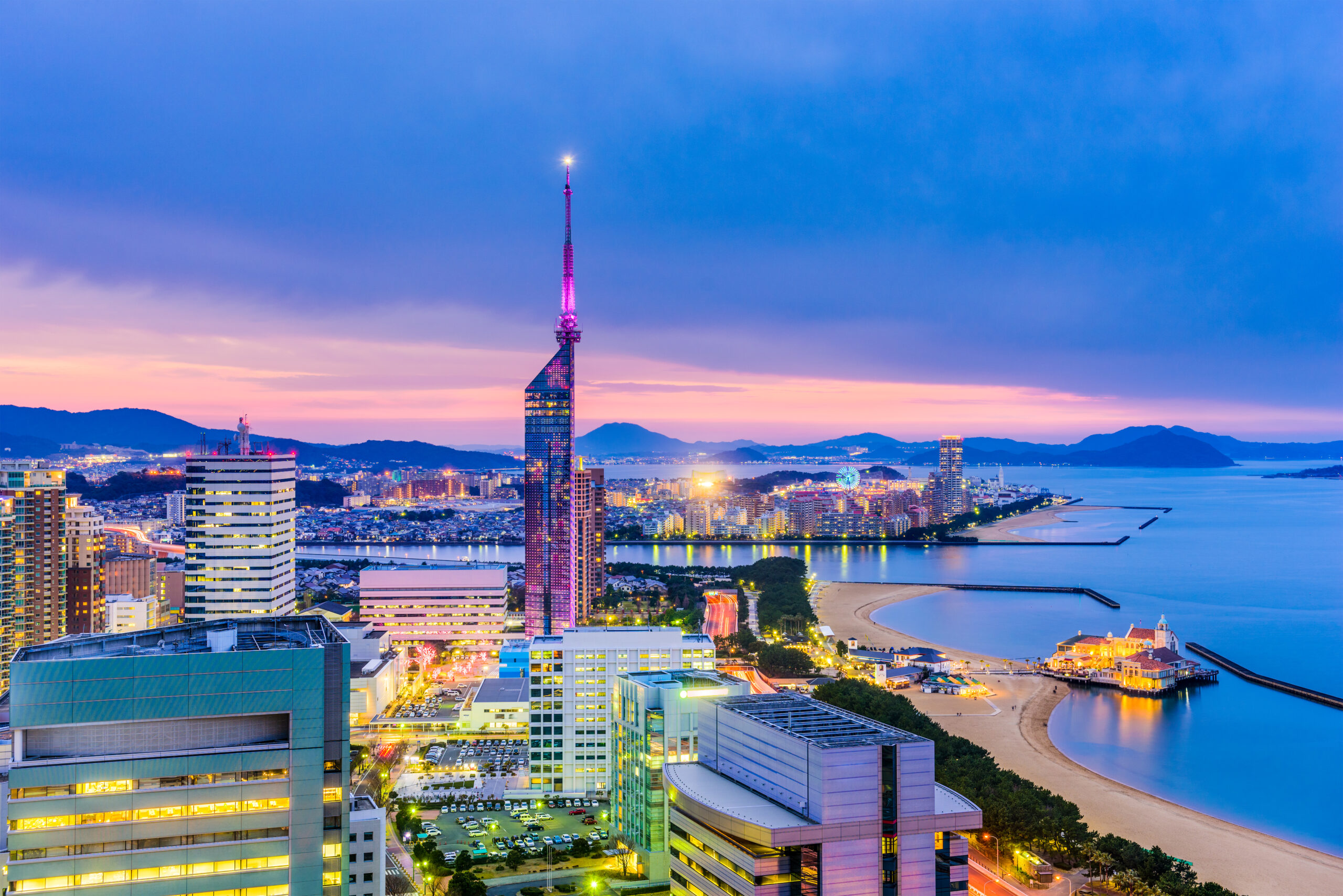Japan’s aging business community is creating a wave of private equity opportunities as family-run firms struggle with succession planning and steep inheritance taxes. Many long-time owners are finding that their children are unwilling to take over the family business, prompting a shift toward selling to private equity firms — a practice that was once culturally frowned upon.
According to Bain & Co., Japan’s private equity market has exceeded 3 trillion yen ($20 billion) in annual deal value for four consecutive years. Data from PitchBook shows deal activity rising more than 30% year over year to $29.19 billion. Much of this growth comes from family businesses choosing to sell as aging founders face a lack of successors and heavy inheritance tax burdens.
Jun Tsusaka, CEO of Japanese investment firm Nippon Sangyo Suishin Kiko, noted that many older entrepreneurs are deciding to sell rather than pass their companies down, saying his firm was recently approached by a 61-year-old owner whose children were not interested in continuing the business. Japan’s inheritance tax — among the world’s highest at up to 55% — compounds the issue, often forcing heirs to liquidate assets quickly to cover tax obligations due within ten months of death.
Over 90% of Japan’s small and medium enterprises are family-owned, and succession-related transactions now account for more than 65% of buyout deals, according to Neuberger Berman. A World Economic Forum report estimates that by 2025, around 1.27 million SME owners aged 70 or older will have no successor, representing roughly one-third of all Japanese companies. PitchBook analyst Kyle Walters explained that the country’s demographic realities are a major driver for deal flow, as many sellers now view private equity as one of the few viable options available.
This marks a significant cultural shift. Manoj Purush, a corporate partner at Reed Smith specializing in M&A, said that a decade ago, selling to foreign investors was unthinkable for many CEOs. However, successful investments by firms like KKR, Carlyle, and Bain Capital have helped normalize the practice. For instance, KKR’s 2013 acquisition of an 80% stake in Panasonic’s healthcare unit, which was later rebranded PHC Holdings and listed publicly in 2021, demonstrated the benefits of foreign ownership.
That shift in mindset has also extended to younger founders, many of whom are struggling to attract skilled managers amid Japan’s chronic labor shortages. Ryo Ohira, head of East Asia at Neuberger Berman, said this shortage is partly due to the so-called “Employment Ice Age” — a period from the early 1990s to early 2000s when Japan’s job market stagnated, leaving a gap in mid-career talent.
Regulatory reforms have further boosted Japan’s private equity market. Jim Verbeeten, a partner at Bain & Co., explained that the government’s 2015–16 reforms — including mandatory external directors and pressure from the Tokyo Stock Exchange to improve return on equity — have created a more investor-friendly environment. Corporate carve-outs are also gaining traction as large conglomerates divest non-core assets under pressure from activist investors to unlock value.
Macroeconomic factors are adding fuel to the boom. Neuberger Berman’s Ohira pointed out that a weaker yen makes Japanese assets more attractive to foreign investors, while global limited partners are demanding increased exposure to Japan. With interest rates remaining low, leveraged buyouts are particularly appealing, and according to PitchBook’s Walters, Japan’s PE market still offers significant headroom for growth.
However, experts warn of potential overheating. Verbeeten cautioned that the flood of capital chasing limited opportunities could lead to inflated valuations, recalling the overheated 2006–07 vintages that later underperformed following the global financial crisis. Despite this, Japan’s PE investment still accounts for only 0.4% of GDP, compared with 1.3% in the U.S. and 1.9% in Europe — leaving ample room for growth.
While the country’s demographic challenges remain daunting, private equity is poised to play a central role in Japan’s economic transition, offering lifelines to thousands of businesses without successors and fueling a new era of corporate transformation.
Source: CNBC













